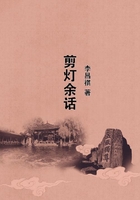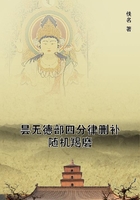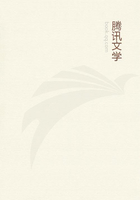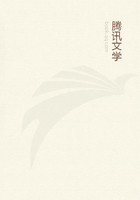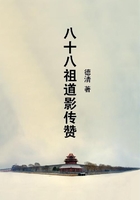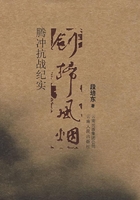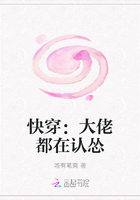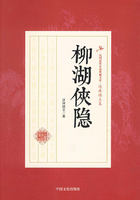1
VIRTUE, then, being of two kinds, intellectual and moral, intellectual virtue in the main owes both its birth and its growth to teaching (for which reason it requires experience and time), while moral virtue comes about as a result of habit, whence also its name (ethike) is one that is formed by a slight variation from the word ethos (habit). From this it is also plain that none of the moral virtues arises in us by nature; for nothing that exists by nature can form a habit contrary to its nature. For instance the stone which by nature moves downwards cannot be habituated to move upwards, not even if one tries to train it by throwing it up ten thousand times; nor can fire be habituated to move downwards, nor can anything else that by nature behaves in one way be trained to behave in another. Neither by nature, then, nor contrary to nature do the virtues arise in us; rather we are adapted by nature to receive them, and are made perfect by habit.
Again, of all the things that come to us by nature we first acquire the potentiality and later exhibit the activity (this is plain in the case of the senses; for it was not by often seeing or often hearing that we got these senses, but on the contrary we had them before we used them, and did not come to have them by using them); but the virtues we get by first exercising them, as also happens in the case of the arts as well. For the things we have to learn before we can do them, we learn by doing them, e.g. men become builders by building and lyreplayers by playing the lyre; so too we become just by doing just acts, temperate by doing temperate acts, brave by doing brave acts.
This is confirmed by what happens in states; for legislators make the citizens good by forming habits in them, and this is the wish of every legislator, and those who do not effect it miss their mark, and it is in this that a good constitution differs from a bad one.
Again, it is from the same causes and by the same means that every virtue is both produced and destroyed, and similarly every art; for it is from playing the lyre that both good and bad lyre-players are produced. And the corresponding statement is true of builders and of all the rest; men will be good or bad builders as a result of building well or badly. For if this were not so, there would have been no need of a teacher, but all men would have been born good or bad at their craft. This, then, is the case with the virtues also; by doing the acts that we do in our transactions with other men we become just or unjust, and by doing the acts that we do in the presence of danger, and being habituated to feel fear or confidence, we become brave or cowardly. The same is true of appetites and feelings of anger; some men become temperate and good-tempered, others self-indulgent and irascible, by behaving in one way or the other in the appropriate circumstances. Thus, in one word, states of character arise out of like activities. This is why the activities we exhibit must be of a certain kind; it is because the states of character correspond to the differences between these. It makes no small difference, then, whether we form habits of one kind or of another from our very youth; it makes a very great difference, or rather all the difference.
2
Since, then, the present inquiry does not aim at theoretical knowledge like the others (for we are inquiring not in order to know what virtue is, but in order to become good, since otherwise our inquiry would have been of no use), we must examine the nature of actions, namely how we ought to do them; for these determine also the nature of the states of character that are produced, as we have said. Now, that we must act according to the right rule is a common principle and must be assumed-it will be discussed later, i.e. both what the right rule is, and how it is related to the other virtues.
But this must be agreed upon beforehand, that the whole account of matters of conduct must be given in outline and not precisely, as we said at the very beginning that the accounts we demand must be in accordance with the subject-matter; matters concerned with conduct and questions of what is good for us have no fixity, any more than matters of health. The general account being of this nature, the account of particular cases is yet more lacking in exactness; for they do not fall under any art or precept but the agents themselves must in each case consider what is appropriate to the occasion, as happens also in the art of medicine or of navigation.
But though our present account is of this nature we must give what help we can. First, then, let us consider this, that it is the nature of such things to be destroyed by defect and excess, as we see in the case of strength and of health (for to gain light on things imperceptible we must use the evidence of sensible things); both excessive and defective exercise destroys the strength, and similarly drink or food which is above or below a certain amount destroys the health, while that which is proportionate both produces and increases and preserves it. So too is it, then, in the case of temperance and courage and the other virtues. For the man who flies from and fears everything and does not stand his ground against anything becomes a coward, and the man who fears nothing at all but goes to meet every danger becomes rash; and similarly the man who indulges in every pleasure and abstains from none becomes self-indulgent, while the man who shuns every pleasure, as boors do, becomes in a way insensible; temperance and courage, then, are destroyed by excess and defect, and preserved by the mean.

